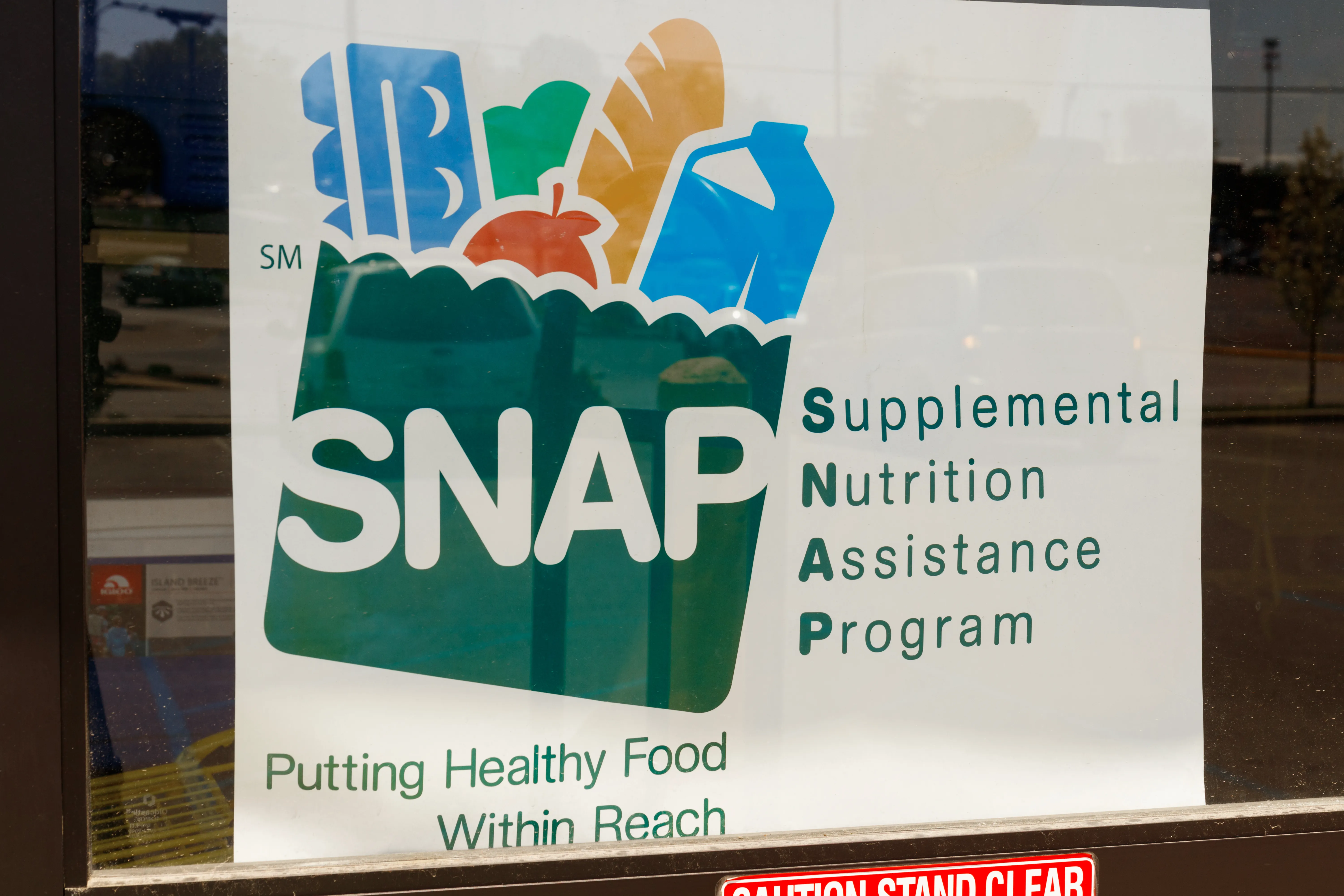
Consumer losses from fraud, scams reach record levels
Click play to listen to this article.
(Ohio News Connection) This is National Consumer Protection Week, and nationwide, people's losses to fraud have topped more than $10 billion, a 14 percent increase from 2022.
Judy Dollison, president of the Better Business Bureau of Central Ohio, said consumer education and awareness of scams is an ongoing challenge. Scammers are constantly changing their tactics and using artificial intelligence and other technology to bait more people. She added that scams are increasingly complex and overlapping, and often involve emotional and psychological manipulation.

© iStockbaramee2554
"We're seeing a crossover between romance scams and crypto scams," she said, "because now, instead of the romance scammers just asking for money, they're asking their victims to invest in crypto exchanges, which aren't real."
Dollison said 80 percent of people who've reported losing money to investment scams involving cryptocurrency lost on average more than $3,000. For adults ages 18 to 44, employment scams are the top risk, with an average loss of around $2,000.
Consumers who suspect they've been victims of fraud can file a report with the Federal Trade Commission online or by calling 877-382-4357.
FTC attorney Fil de Banate said Ohioans shelled out more than $154 million to scammers last year. Aside from software scams, he said, the second most reported scam in the state involves imposters.
"There are those scammers pretending to be the government," he said. "There are scammers pretending to be a well-known business or a bank's fraud department, or a family member who needs help, right - a family member who's in distress."
Common imposter cons include people pretending to be affiliated with government agencies such as the IRS or Social Security Administration, charity-related scams and tech-support scams.
This story was produced in association with Media in the Public Interest and funded in part by the George Gund Foundation.

















